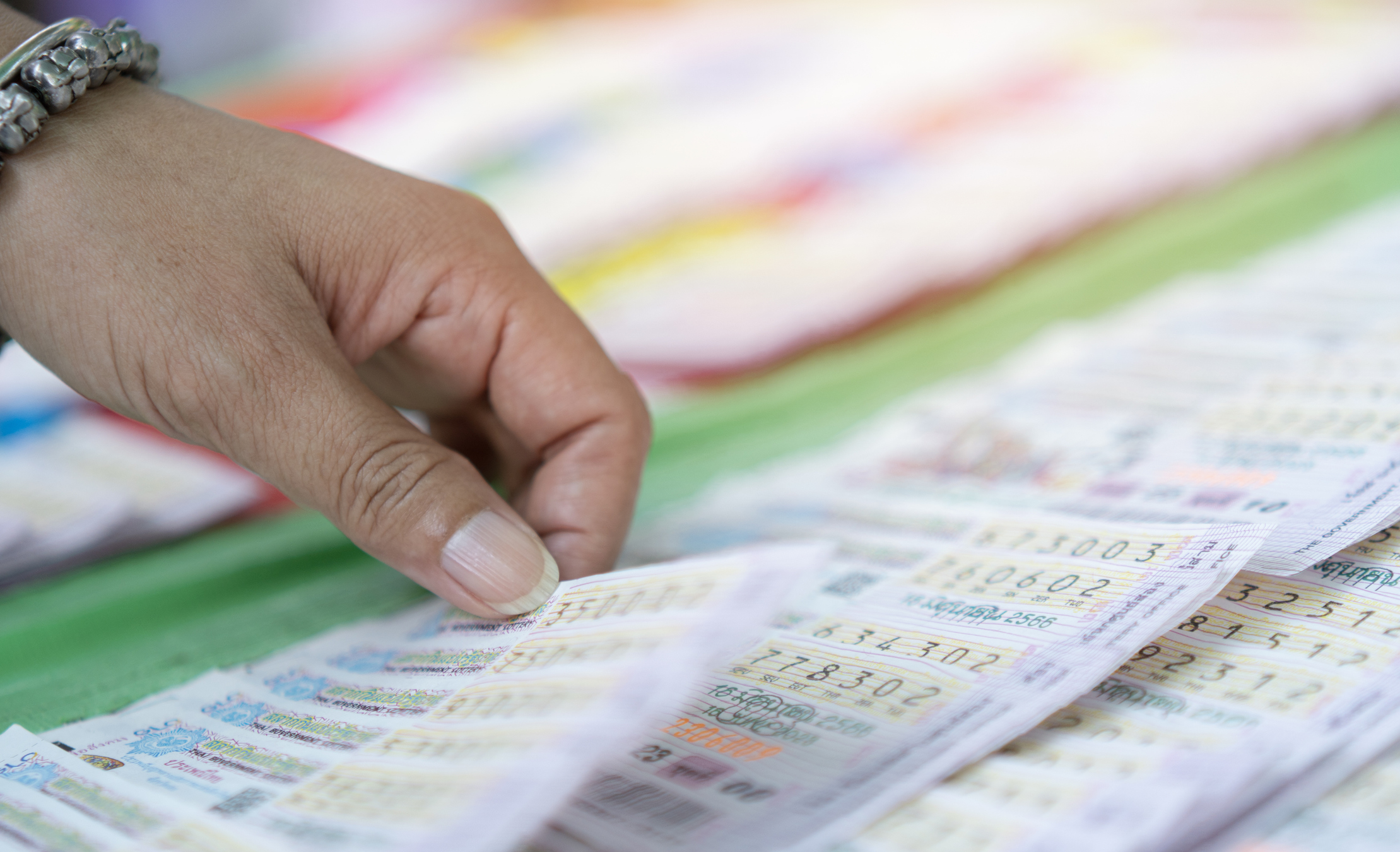
Across the country, lawmakers are advancing legislation to protect lottery winners’ privacy and safety by preserving anonymity. These efforts follow concerns over harassment, fraud, and even violent crimes targeting lottery winners after their identities became public. States including Kentucky, Maine, Massachusetts, New York, New Hampshire, Pennsylvania, and Virginia have introduced or passed measures in 2025 to allow some winners to remain anonymous or limit how their information can be disclosed.
Kentucky’s lottery winner anonymity legislation (House Bill 46) allows individuals who win over $1 million to keep their names and likenesses confidential for up to one year after claiming a prize. Winners can waive this protection by completing a form provided by the Kentucky Lottery Corporation.
Non-identifying information, such as the retail location where the winning ticket was sold, remains public. The bill also updates Kentucky’s Open Records Act to exclude identifying details of eligible winners from disclosure for up to one year. The measure passed the House 95–0 and advanced in the Senate in early 2025.
Maine’s lottery winner anonymity legislation (L.D. 404), signed into law on May 16, 2025, protects the identity of anyone winning $100,000 or more. The law also extends privacy protections to participants in the state’s Address Confidentiality Program, regardless of prize size.
The Bureau of Alcoholic Beverages and Lottery Operations may share a winner’s information only with state agencies as required by law, and those agencies are prohibited from further disclosure. Such information is explicitly excluded from Maine’s public records law.
Massachusetts lawmakers introduced lottery winner anonymity legislation (Senate Bill 260) to amend Section 24 of Chapter 10 of the state’s General Laws. The measure would classify a winner’s name, address, and identifying information as nonpublic records.
If requested in writing, the Massachusetts Lottery Commission would be barred from disclosing a winner’s personal information or requiring public appearances. The bill also mandates written notification to winners of their right to request confidentiality. A public hearing was held on June 23, 2025.
New York’s lottery winner anonymity legislation (Senate Bill S2613) would prevent the State Division of the Lottery from disclosing the name, address, or identifying details of any prizewinner without their consent. Winners could not be compelled to participate in public announcements or promotional events.
The bill aims to protect winners from potential fraud and safety risks, aligning New York with other states offering privacy options. The measure passed the Senate and was referred to the Assembly Ways and Means Committee on February 25, 2025.
New Hampshire’s lottery winner anonymity legislation (House Bill 485), signed by Governor Kelly Ayotte on August 1, 2025, provides limited anonymity for winners who meet specific conditions.
A winner may request confidentiality in writing if they are a victim of domestic violence, have an active restraining order, or obtain a court order granting anonymity for good cause. The law amends the state’s Right-to-Know statute, ensuring a balance between transparency and personal safety. The act took effect September 30, 2025.
Pennsylvania’s lottery winner anonymity legislation (Senate Bill 73) would keep the personal information of anyone winning $100,000 or more confidential. Winners could opt to waive anonymity through a Department of Revenue process.
While the city, county, and prize amount would remain public, the bill restricts disclosure of names and addresses. The measure advanced through committee in June 2025 and was reported from Appropriations on October 20, 2025.
Virginia’s lottery winner anonymity legislation (House Bill 1799), signed into law on March 18, 2025, prohibits the Virginia Lottery from releasing the names or hometowns of winners of $1 million or more unless they provide written consent.
The new law revises both the Virginia Freedom of Information Act and the state’s lottery statutes to align with this confidentiality policy. It took effect July 1, 2025, following strong bipartisan support in both chambers.
Expert insights from the authors at Duane Morris Government Strategies.
Ryan Stevens
The adoption of lottery winner anonymity legislation across multiple states in 2025 reflects a growing emphasis on privacy and personal safety in public gaming. As more states consider similar measures, the balance between transparency and protecting individual winners will likely remain a key policy discussion in state legislatures nationwide.
Welcome to Back in Session! This week, hosts Ryan Stevens and Ryan DeMara welcome Andrew O’Connor, Director of State Affairs at the Entertainment Software Association (ESA), for an engaging dive into the world of video […]
Photo credit: iStock.com/Cunaplus_M.Faba On March 11, 2024, North Carolina became the 30th state to legalize mobile sports betting. The process took about nine months, with Governor Roy Cooper (D) signing the mobile sports betting bill […]
Photo credit: iStock.com/LightFieldStudios For decades, smoking in casinos has been widely accepted nationwide. However, there has been an uptick in legislation aimed at banning the use of cigarettes in casinos in response to the impacts […]
Photo credit: iStock.com/Daviles According to the American Gaming Association, sports betting is live and legal in 30 states and legal, but not yet operational, in three other states. As background, we previously noted that in 2018, […]
🎙️📊 New Back in Session Podcast Episode Alert!
Anne Gingerich, Executive Director of the Pennsylvania Association of Nonprofit Organizations (PANO), joins the Back in Session podcast to share how ongoing budget delays are affecting nonprofits across the Commonwealth.
From…
A #Wyoming legislative panel on Monday endorsed a bill that would dictate where libraries shelve certain books, lending strong support to a measure that has drawn deep opposition from activists and advocates ahead of the 2026 legislative session.
A bill filed Monday by a #Florida lawmaker would require teachers to take an oath to the Constitution and nonpartisanship.
Republican lawmakers in North Carolina plan to pass a new congressional map to help the GOP maintain its control over Congress in the 2026 midterm elections.
Enter your email address to subscribe to this blog and receive notifications of new posts by email.
© All rights reserved. • Duane Morris Government Strategies
9876 West Green Street
Phone: 1-800-987-6543
Mobile: 1-800-345-6789
Email: info@your-domain.com
Web: Avada WP Theme

